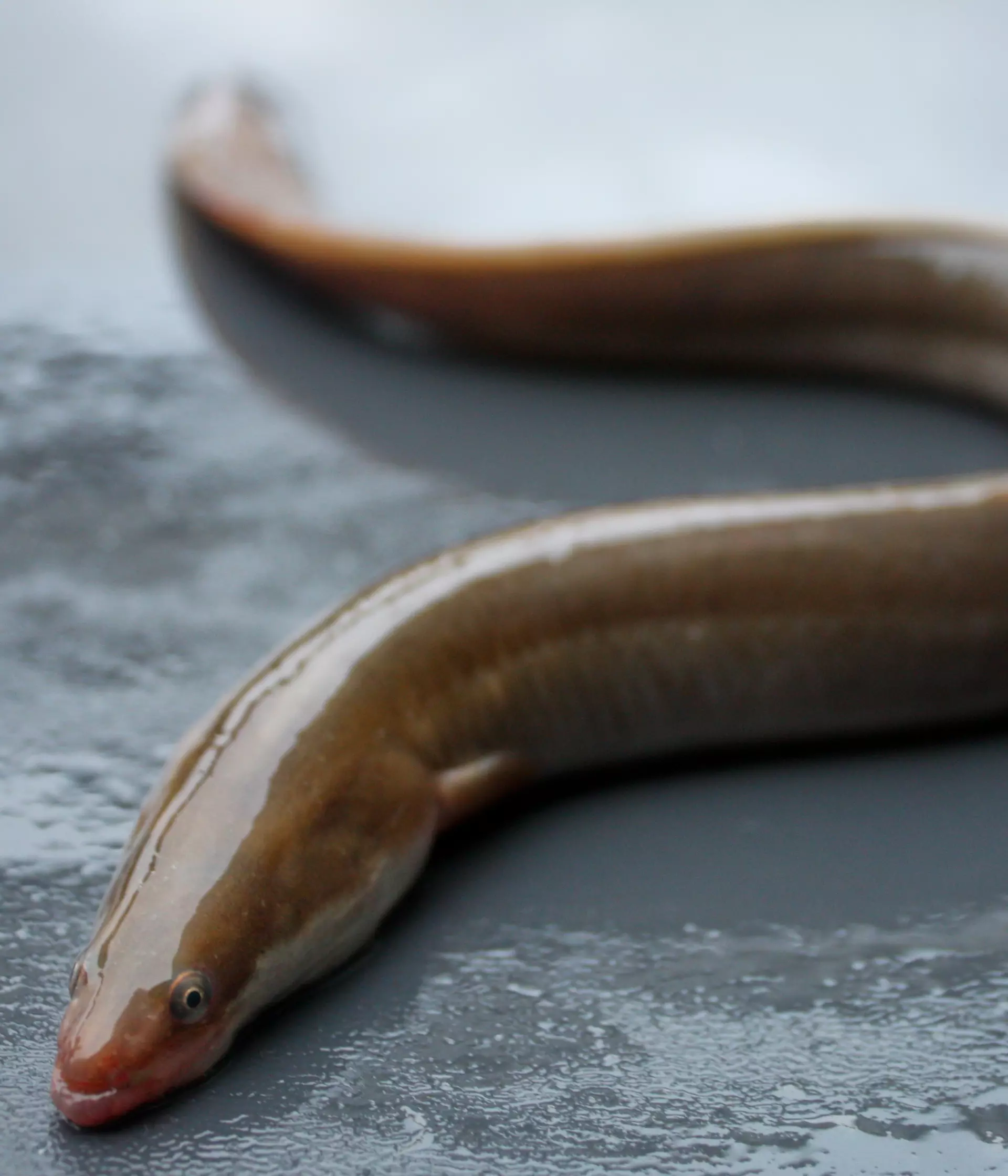Online
Previous Event
Migratory fish such as sturgeon, eel and salmon, are culturally, economically, and ecologically valued across the world, but they are vulnerable to a host of threats.
The complex life cycles of these species exposes them to barriers to their up and down stream migrations, unsustainable fishing and bycatch, climate change and pollution. Unfortunately, many of these species are now under threat, but due to their life histories, they can potentially provide excellent case studies for aquatic conservation and management.
It is critical that we shed light on the impacts that threaten their survival and identify sustainable solutions. There is a need for species-specific measures, but due to the commonality of some of these threats, it is important to identify solutions that benefit aquatic biodiversity more broadly. Examining lessons learned from previous interventions and sharing these across migratory species could be hugely valuable.
In this event, speakers will discuss work currently being done to mitigate the threats facing migratory fish, showcasing examples of management and conservation measures and the lessons learned. Talks will cover ZSL’s work to recover the UK’s native sturgeon species, assessment of the Critically Endangered European eel, and the threats facing salmon and sea trout in the English Channel as investigated by the SAMARCH Project.
The panel will delve into commonalities in the challenges to migratory fish, as highlighted by these three case studies, and how we can implement solutions with benefits to multiple species. The panel will also take questions from the audience.
Speakers
- Hannah McCormick, Conservation Project Manager for Estuaries and Wetlands, ZSL
- Dr Caroline Durif, Principal Research Scientist, Norwegian Institute of Marine Research
- Dr Céline Artero, University of Applied Sciences and Arts, Western Switzerland
This event was chaired by Dr Matthew Gollock, Aquatic Species and Policy Programme Lead, ZSL.
Download the agenda and abstracts
Attending this event
- This Science and Conservation Event was free to attend
- The event featured talks from several speakers, followed by a Q&A discussion panel.
- The event will take place over Zoom Webinar. The meeting link will be included in your confirmation email once registered to attend, and again in a reminder email shortly before the event day.
- Please ensure you read and abide by our online events code of conduct.
- Recording disclaimer: The presentations and Q&A session will be recorded, and the recording published on our Science and Conservation YouTube channel afterwards. Please be aware that by attending this event you consent to be filmed or your voice to be recorded during the Q&A session, which will be included in the published video.
Further Information
- ZSL Science and Conservation Events sustainability guidance can be found here.
- For enquiries about this event, please email scientific.events@zsl.org.
- For press enquiries, please contact the ZSL Press Office: press.office@zsl.org.
- Listen to our ZSL Wild Science podcast here or subscribe on your favourite podcast app.
- Follow us on Twitter @ZSLScience to hear about new publications from our researchers, upcoming events and podcast episode releases.
- Follow us on Facebook @ZSLScienceAndConservation to receive notifications about new events.
- To catch up on all our recorded previous events, you can subscribe to our YouTube channel.
- For more information about how to join the ZSL Fellowship programme and engage with a network of thousands who are shaping the future of conservation, please click here.
